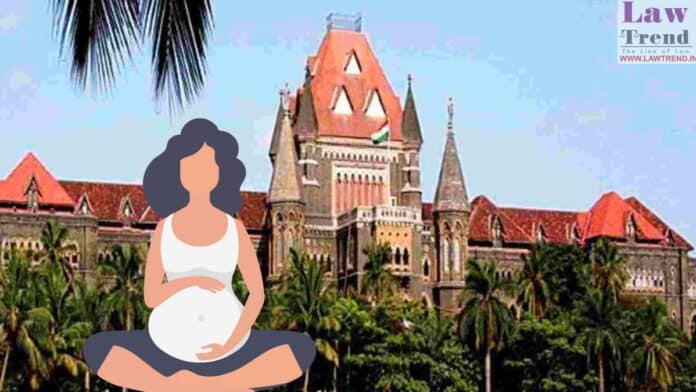In a poignant judgment, the Bombay High Court has highlighted the harsh reality faced by women, particularly minors, in situations involving unwanted pregnancies. The Court expressed its “disturbance” over the gendered nature of suffering, which often leaves women alone in their struggles while the male partners evade accountability. The case in question, Civil Writ Petition
To Read More Please Subscribe to VIP Membership for Unlimited Access to All the Articles, Download Available Copies of Judgments/Order, Acess to Central/State Bare Acts, Advertisement Free Content, Access to More than 4000 Legal Drafts( Readymade Editable Formats of Suits, Petitions, Writs, Legal Notices, Divorce Petitions, 138 Notices, Bail Applications etc.) in Hindi and English.




